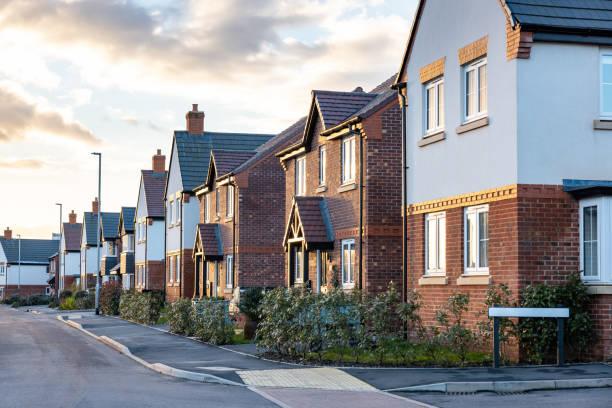A new global report has placed several African countries among the least affordable housing markets in the world, raising red flags over the widening gap between property prices and household incomes across the continent.
According to the 2025 Global Housing Affordability Index published by Numbeo, Ethiopia and Cameroon rank among the top three most unaffordable housing markets globally—trailing only behind Syria—based on their high Price-to-Income Ratios (PIR). The PIR is a key indicator that compares the cost of a typical home to a country’s median annual household income.
The report reveals that in both Ethiopia and Cameroon, it would take more than 46 years of average earnings for a citizen to afford a standard home, underscoring an affordability crisis deepening across parts of Africa.
Below is the list of the eight African countries with the highest PIRs in 2025:
| Rank | Country | Price-to-Income Ratio (PIR) |
|---|---|---|
| 1 | Ethiopia | 47.1 |
| 2 | Cameroon | 46.6 |
| 3 | Mauritius | 18.5 |
| 4 | Egypt | 18.2 |
| 5 | Algeria | 16.7 |
| 6 | Morocco | 13.4 |
| 7 | Tunisia | 12.2 |
| 8 | South Africa | 3.2 |

Real estate analysts point to a mix of structural issues behind the trend, including limited access to mortgage financing, a surge in luxury property development, and chronic undersupply of affordable housing units.
In Ethiopia’s capital, Addis Ababa, the oversaturation of high-end apartments and villas has led to declining investor confidence and lengthening sales cycles. Despite hosting major continental institutions, the city’s administration has only managed to repay less than 2% of a 25.85 billion birr bond borrowed from the Commercial Bank of Ethiopia for housing projects.
“The market is flooded with properties that ordinary citizens simply cannot afford,” said real estate developer Ermias Amelga. “Developers targeted speculative buyers and now many of them are offloading assets at reduced prices as demand stalls.”
In Cameroon, similar patterns are emerging, with urban housing developments increasingly catering to wealthier buyers, leaving middle- and low-income earners priced out.
Meanwhile, South Africa recorded the most favorable PIR on the continent at just 3.2—suggesting a relatively healthier balance between home prices and household earnings, largely due to more developed mortgage systems and policy efforts to support lower-income housing.
Experts warn that unless governments prioritize affordable housing through policy reform, public investment, and credit support mechanisms, the housing gap will continue to widen—threatening social stability and economic inclusion in many African countries.
As the continent’s urban population continues to grow, the issue of housing affordability is expected to take center stage in regional development agendas.



